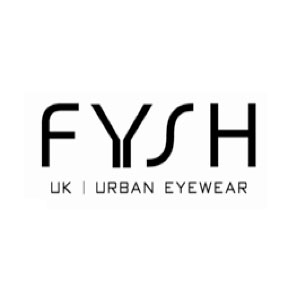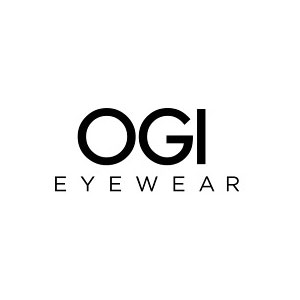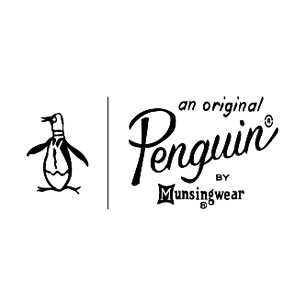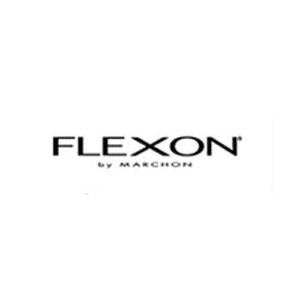Patient Education
Frame Gallery
- Details
- Written by Harbor View Eye Care Team
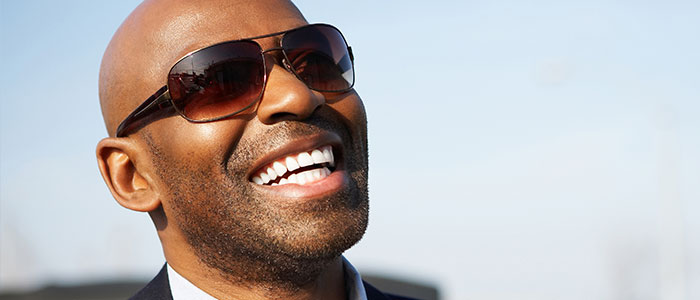
Sunglasses are more than just a fashion statement - they’re important protection from the hazards of UV light.
If you wear are sunglasses mostly for fashion that’s great, just make sure the lenses block UVA and UVB rays.
And if you don’t wear sunglasses, it’s time to start.
Here are your top 6 reasons for wearing sunglasses:
Preventing Skin Cancer
The strongest evidence that...
- Details
- Written by Harbor View Eye Care Team

A recent study published in JAMA Ophthalmology has demonstrated in older women a correlation between having cataract surgery and a decrease in death rate from all causes.
The data comes from a prospective longitudinal study called the Women’s Health Initiative. This study involved women 65 years or older and collected data from Jan. 1, 1993, until Dec. 31, 2015.
In the study, there were...
- Details
- Written by Harbor View Eye Care Team
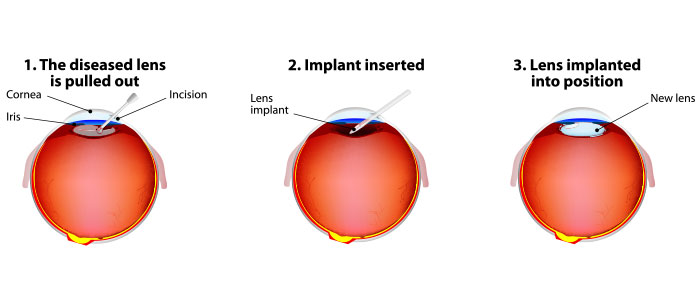
That Depends On The Option You Choose
Should you pay extra for cataract surgery? Many surgeons refer to these options as “Premium,” “Advanced,” “Custom” or “Refractive” cataract surgery.
First let me describe the three basic choices that are available today.
Option 1 - Basic cataract surgery
Basic surgery is what we have been doing for the last 30 years. The cataract is removed...
- Details
- Written by Harbor View Eye Care Team

You’ve been diagnosed with a cataract and you’ve been told you should have cataract surgery. The surgeon is also telling you that you should consider paying extra out of pocket it for it.
Where did this come from? Why should you have to pay out of pocket for cataract surgery? Shouldn’t your health insurance just cover it?
In trying to answer those questions, you will first need a little...
- Details
- Written by Harbor View Eye Care Team

Have you ever wondered what happens to the visual system as we age? What does the term "second sight" mean? What is presbyopia? What are the eyes more susceptible to as the aging process occurs? What can be done to prevent certain aging factors of the eye? The answer lies in a theory known as apoptosis (no that's not the name of the latest pop artist).
Apoptosis is the pre-programmed life...








